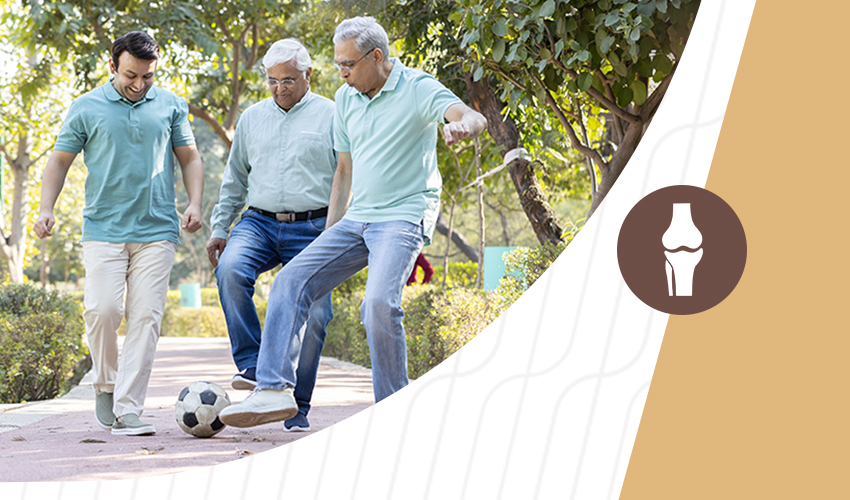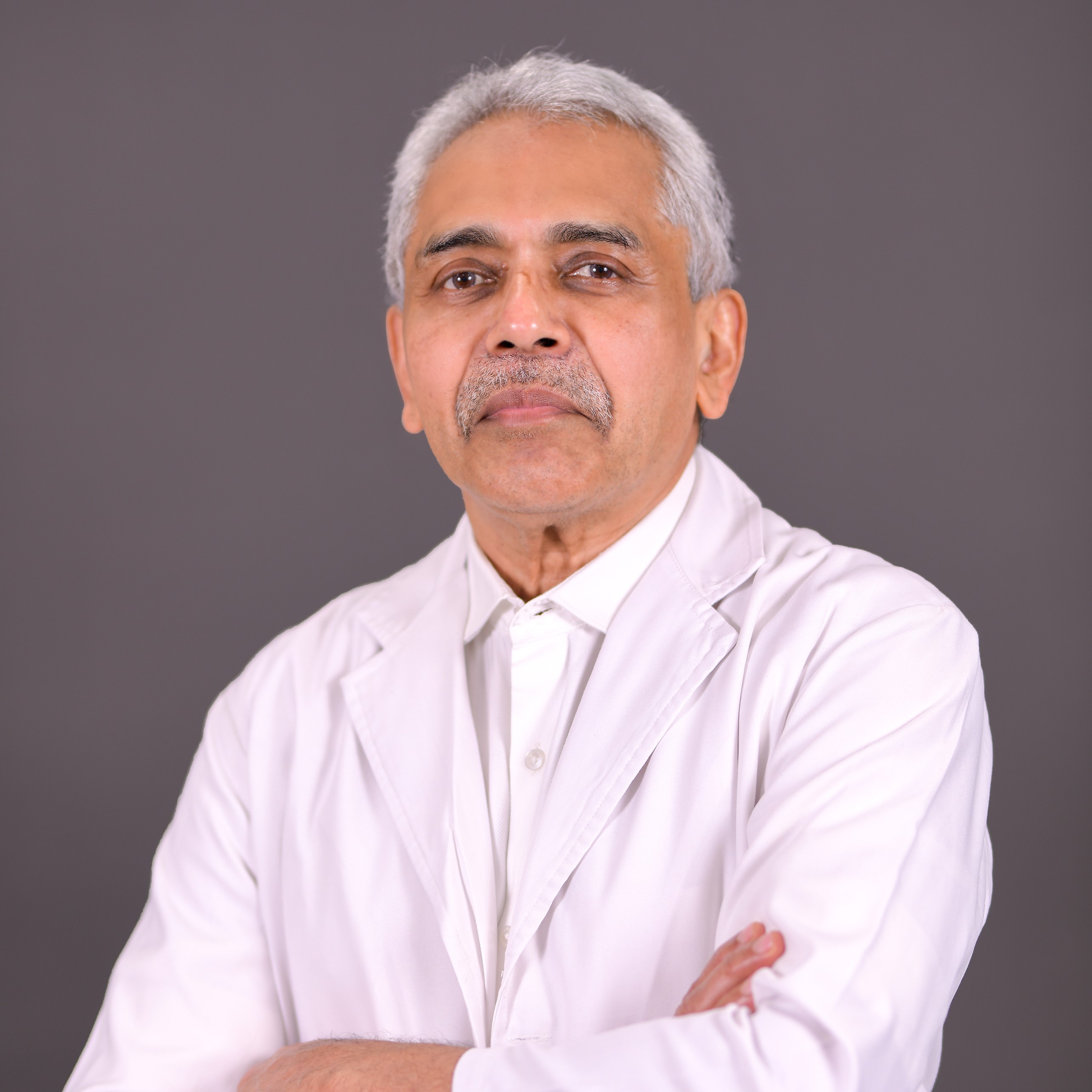- Our Doctors
- Our Specialities
Centres of Excellence
-
 Centre for Blood Diseases, BMT & Cancer Immunotherapy
Centre for Blood Diseases, BMT & Cancer Immunotherapy -
 Centre for Bone, Joint & Spine
Centre for Bone, Joint & Spine -
 Centre for Critical Care Medicine and ECMO Services
Centre for Critical Care Medicine and ECMO Services -
 Centre for Gastrosciences
Centre for Gastrosciences -
 Centre for Heart & Vascular Care
Centre for Heart & Vascular Care -
 Centre for Nephro-Urosciences
Centre for Nephro-Urosciences -
 Centre for Neurosciences
Centre for Neurosciences -
 Centre for Obstetrics and Gynaecology
Centre for Obstetrics and Gynaecology -
 Centre for Organ Transplantation
Centre for Organ Transplantation
Super Speciality
-
 Advanced Diagnostic and Interventional Radiology
Advanced Diagnostic and Interventional Radiology -
 Anesthesiology & Pain Management
Anesthesiology & Pain Management -
 Clinical Nutrition and Dietetics
Clinical Nutrition and Dietetics -
 Dental and Maxillofacial Surgery
Dental and Maxillofacial Surgery -
 Dermatology
Dermatology -
 Emergency and Trauma
Emergency and Trauma -
 Endocrinology and Metabolic Disease
Endocrinology and Metabolic Disease -
 ENT and Head & Neck Surgery
ENT and Head & Neck Surgery -
 Family Medicine
Family Medicine -
 General and Laparoscopic Surgery
General and Laparoscopic Surgery -
 General Medicine
General Medicine -
 GI Onco Surgery
GI Onco Surgery -
 GI Oncology
GI Oncology -
 GI Surgery, Advanced Laparoscopy and Gastro Oncosurgery
GI Surgery, Advanced Laparoscopy and Gastro Oncosurgery
-
- Key Procedures
- Our Hospitals
- International Patient
- Contact us
-
Quick Links


Spinal Arthritis
Spinal arthritis is inflammation of the facet joints in the spine or the joints between the spine and the pelvis. It may be related to wear and tear, autoimmune disorders, infection, and other conditions.
Symptoms
- Stiffness - whole back and/or neck
- Pain - back and/or neck
- Pain and stiffness worsen in the morning and evening
- A sensation of pinching, tingling, or numbness
- Pain aggravated by physical activity
- Loss of mobility
Causes
- Degeneration (above age 50)
- Wear and tear
- Injuries and trauma
- Obesity
- Autoimmune conditions (especially for RA)
- Family history or heredity
- Poor posture
Treatments
Uncompromised healthcare services. Always.
Meet Our Doctors
Experienced Medical professionals for a superior patient experience.
Frequently Asked Questions
What happens when you have arthritis in your spine?
Tingling, numbness, weakness, or sharp shooting pains in your arms or legs if nerves of the spine are affected. Headaches (when the upper, or cervical, spine is affected) Pain/swelling/stiffness in other joints, such as knees, hands, and feet (common in inflammatory arthritis).
What imaging techniques may be used to diagnose spinal arthritis?
- X-rays may show joint changes and bone damage found in some types of arthritis
- Ultrasound uses sound waves (not radiation) to see the quality of synovial tissue, tendons, ligaments, and bones.
- Magnetic resonance imaging (MRI)
- CT Scan
What should you avoid with arthritis in your back?
People with osteoarthritis in the lumbar spine may want to avoid deep bending at the waist or deep twisting. People with cervical spine osteoarthritis should avoid putting extra pressure on the head and neck, such as doing headstands in yoga classes.

 +91 9393 108 108
+91 9393 108 108





















































